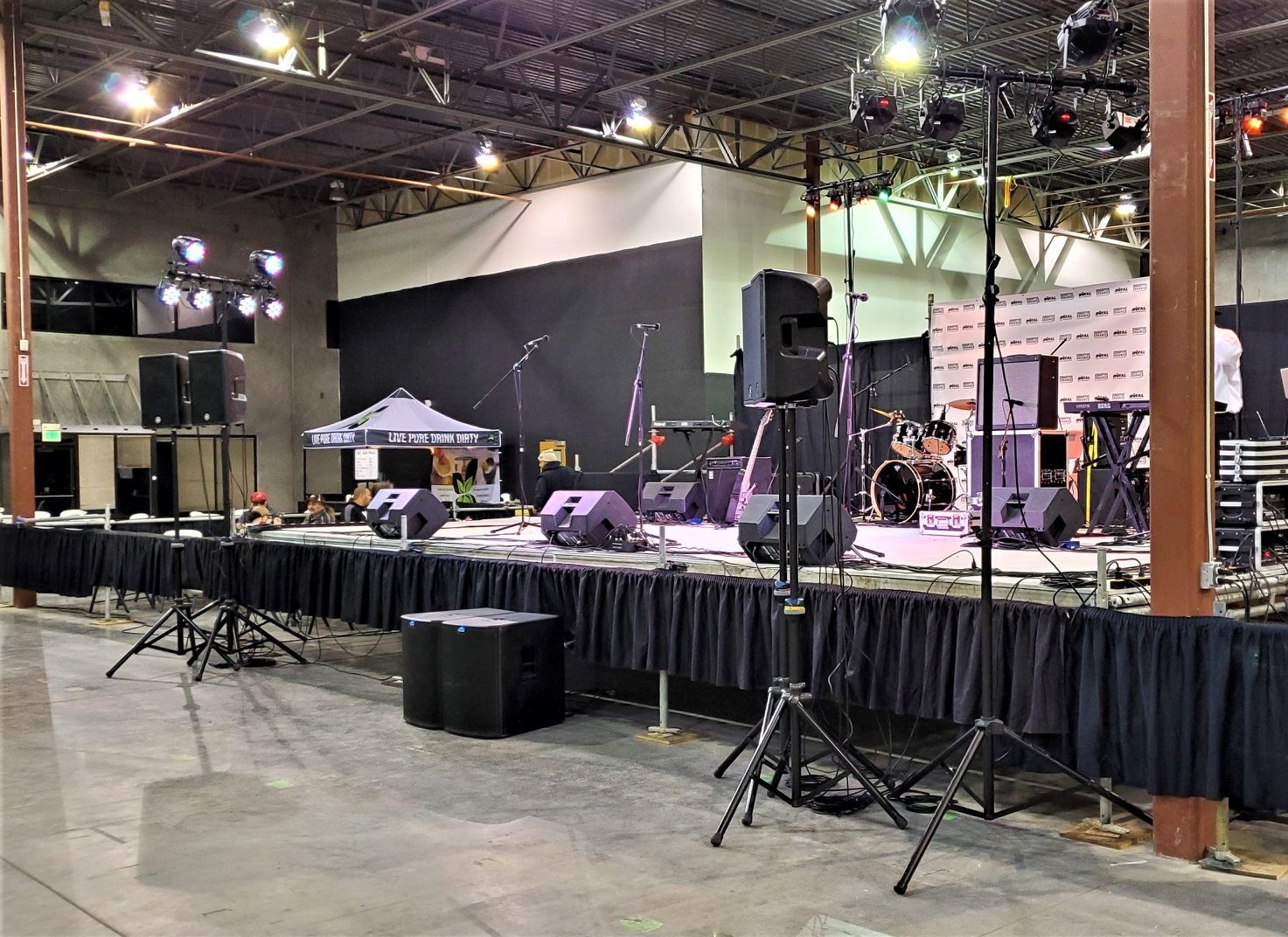A letter to engineers entering the world of live audio.
Please Remember:
The opinions expressed are mine only. These opinions do not necessarily reflect anybody else’s opinions. I do not own, operate, manage, or represent any band, venue, or company that I talk about, unless explicitly noted.

 Want to use this image for something else? Great! Click it for the link to a high-res or resolution-independent version.
Want to use this image for something else? Great! Click it for the link to a high-res or resolution-independent version.Dear New Engineer in Live Music,
I’m glad you’re here. Seeing new folks in this business is good for me. Your enthusiasm and hungry desire to “learn it all” get me excited again. Thank you. This is place is kinda nuts, but it’s the good kind. Sometimes. It depends.
I need to tell you a secret. It took me a long time to learn it and understand it, even though its effects were obvious immediately. Getting a handle on this bit of arcana has changed my life as an audio human, especially as it relates to shows in tough rooms, or with loud bands. Or both.
Here it is.
You may be tempted to think of your PA system as being “in series” with the sonic events being created on the stage. It certainly would seem to be hooked up that way. You put a mic in front of a guitar amp, or a drum, or your connect a direct line to a bass rig, and you get a signal “after” the noise is made. That’s how it looks, but that’s not how it sounds. You’re making changes to things – big changes – but the show in the room doesn’t seem to be obeying you. This is especially troubling if your background is exclusively in studio work, where after-the-fact playback is a massive part of the job.
The truth is that the audio rig you’re operating is not in series with everything else, but in parallel. Sure, there might be a slight delay, but the sound in the room isn’t decaying into the noise floor before the PA gets involved. It all happens together. You’re a contemporaneous and combined process with everything else, which means your contribution increases the whole…and other contributions reduce your control.
Unless you completely overwhelm them, of course. In many cases, that involves such sonic intensity that folks will really dislike you for trying.
When you grasp all this, you’ll be much more comfortable with why yanking down that frequency in the lead guitar channel didn’t seem to do anything. You’ll have a much greater appreciation for how the sound of the drums in the room determines the sound of the drums with the PA. You’ll experience less of an unnerving sensation when the vocals start out garbled. You’ll begin to have a natural sense of when you can’t fix things, and be more comfortable in your own skin as a result.
You’ll be a better engineer at FOH or in monitor world. (Monitor world is a very cool place, and you should spend a good amount of time there if you can.)
My very best regards to you. Look me up sometime, so I can catch the wave of your joie de vivre.
Sincerely,
Danny